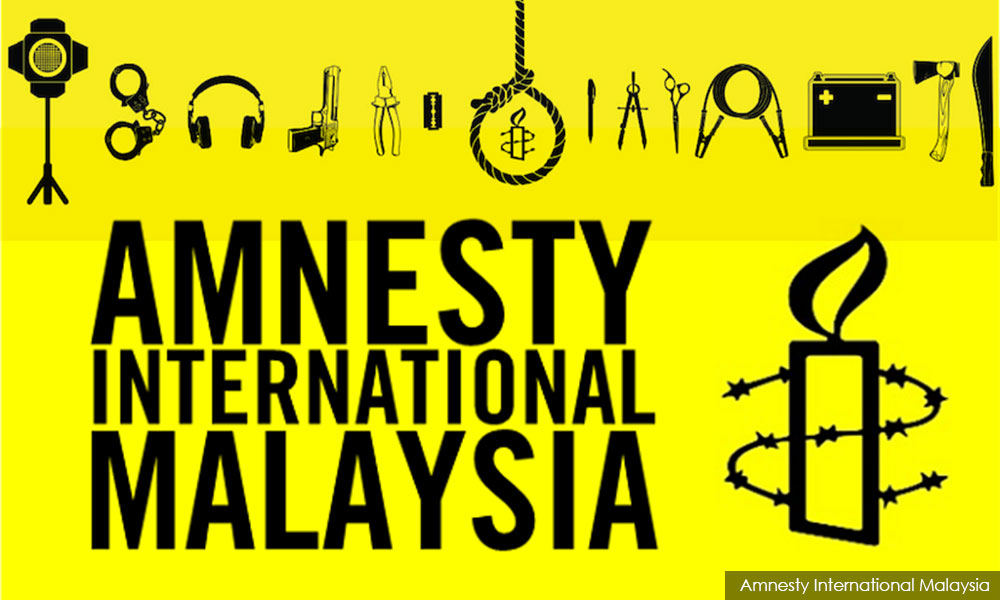Malaysia has made significant progress in reducing its death row population following the abolition of the mandatory death penalty, but Amnesty International Malaysia warns that continued sentencing - particularly for drug offences - undermines these gains.
In its latest report, Death Sentences and Executions 2024, Amnesty said 24 new death sentences were imposed by Malaysian High Courts last year, nine of which were for drug-related crimes.
Despite a moratorium on executions since 2018 and legislative reforms in 2023, Malaysia remains among 54 countries that still retain the death penalty.
“Malaysia must choose to be on the right side of history - and that means taking the next step toward full abolition,” said Amnesty International Malaysia interim executive director Vilasini Vijandran.
“While the moratorium on executions since 2018 and the abolition of the mandatory death penalty in 2023 were important steps forward, the fact remains that death sentences are still being handed down - with an alarming 38 percent of newly imposed death sentences by the High Courts being for drug-related offences,” she said.

She noted that drug offences do not meet the threshold of the “most serious crimes” under international law, making the continued imposition of such sentences unlawful.
According to the report, global executions surged to 1,518 in 2024—the highest number since 2015 - though the number of countries carrying them out fell to a record low.
Most executions took place in the Asia-Pacific region, including unreported figures in China, North Korea, and Vietnam, where secrecy surrounds death penalty practices.
Amnesty, however, noted Malaysia’s progress, highlighting that more than 1,000 death sentences were commuted by the Federal Court and Court of Appeal last year.
At the same time, it said the lower courts’ continued reliance on capital punishment - especially for drug offences - raised concerns.
“Malaysia’s progress remains tainted while courts continue sentencing people to death for drug-related offences - an act that violates international human rights law,” said Vilasini.
She noted that while the Federal Court did not uphold any drug-related death sentences during its review of 860 applications, High Courts continued to issue such punishments.
Lead by example
Further, Amnesty contrasted Malaysia’s global public stance against the death penalty - including voting in favour of the UN General Assembly’s resolution for a global moratorium - to a lack of domestic legislative follow-through.
The group also criticised the opaque nature of the pardons process and urged immediate action to commute the sentences of more than 140 people still on death row.
“If Malaysia is to be a credible voice against the death penalty - not just in diplomatic forums but in practice - it must lead by example.
“As the chair of Asean, abolishing the death penalty for drug-related offences would set a powerful precedent in the region.
“It would also considerably strengthen Malaysia’s ability to advocate for its own nationals facing execution overseas once its foreign policy commitments are supported by real and lasting reforms at home,” said Vilasini. - Mkini




No comments:
Post a Comment
Note: Only a member of this blog may post a comment.